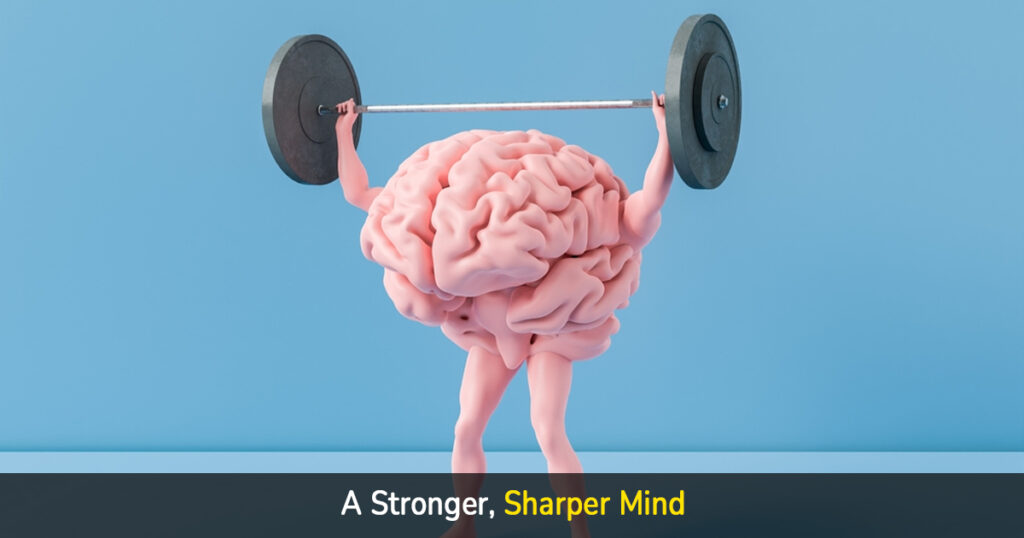Finding the time and energy to get healthy and stay that way in today’s hectic environment can be a real challenge. In reality, though, you can achieve long-term success without resorting to drastic measures like crash diets, brutal exercise routines, or magical drugs. Simple but powerful: eating healthily to lose weight. This is the foundation of successful long-term weight loss.
What Is Healthy Eating for Weight Loss?

Eating healthily when trying to lose weight entails providing your body with well-balanced, nutrient-rich foods that aid in metabolism, appetite regulation, and fat burning without making you feel deprived. Calorie restriction is only half the battle; the other half is making smart calorie choices that support physical and mental health.
In this method, the emphasis is on eating entire foods such as lean meats, fruits and vegetables, grains, healthy fats, and lots of water. Eating with awareness, delighting in one’s food, and establishing routines that endure a lifetime, not merely until one’s next big event or vacation are the key points.
There are significant physiological responses that occur when you commit to a healthy diet in order to shed pounds:
1. Fat Loss, Not Muscle Loss

Consuming an adequate amount of protein and other vital nutrients causes your body to burn fat rather than muscle, allowing you to lose weight while maintaining your strength.
2. Increased Energy

In place of the sugar crashes and lethargy brought on by processed foods, the energy that comes from eating whole foods lasts all day.
3. Improved Digestion

In addition to promoting good gut health, eating plenty of fiber-rich foods such as fruits, veggies, and whole grains will help alleviate gas and improve nutritional absorption.
4. Reduced Inflammation

Avocados, almonds, and olive oil are good sources of healthy fats that fight inflammation, a risk factor for obesity and many chronic diseases.
A Stronger, Sharper Mind

Losing weight is as much a mental and emotional journey as it is a physical one. Focus, mood, anxiety, and brain fog can all be alleviated through a healthy diet that also promotes weight loss. Proper nutrition enhances brain function, which in turn improves focus, sleep quality, and emotional resilience.
The self-assurance and feeling of control that come from sticking to a healthy eating regimen are two of the most important factors in achieving lasting success.
Here are some practical tips for setting out on your way.
Prioritize Whole Foods
Whole food eating is consuming natural, minimally processed items such as fruits, vegetables, whole grains, lean meats, and healthy fats. These foods are packed with essential nutrients, fiber, and antioxidants, all of which help support overall health and make it easier to manage your weight. Prioritizing natural foods over processed options reduces your diet’s added sugars, bad fats, and artificial additives, encouraging long-term health and balanced nutrition.
Plan Your Meals

Planning your meals ahead is a really effective way to stick to a healthy eating routine and help you reach your weight loss goals. By organizing your meals in advance, you can ensure balanced nutrition, control portion sizes, and avoid impulsive or unhealthy food choices. It also helps save time, reduce food waste, and stick to a grocery budget. With a clear plan, you’re more likely to stay consistent and make mindful eating decisions throughout the week.
Watch Portion Sizes

Being mindful of portion sizes is essential for managing calorie intake and supporting healthy weight loss. Even nutritious foods can contribute to weight gain when eaten in large amounts. By using smaller plates, measuring servings, and listening to your body’s hunger cues, you can avoid overeating and maintain better control over your diet. Watching portions helps build healthier eating habits and promotes long-term success without the need for extreme restrictions.
Stay Hydrated

Staying hydrated is a key part of a healthy lifestyle and weight loss journey. Drinking enough water throughout the day helps regulate appetite, supports digestion, boosts metabolism, and prevents overeating, as thirst is often mistaken for hunger. Proper hydration also improves energy levels, mental clarity, and overall well-being. Choosing water over sugary drinks is a simple yet effective way to reduce calorie intake and support your health goals.
Limit Added Sugar

Reducing your intake of added sugars is critical for maintaining a healthy weight and avoiding chronic illnesses such as diabetes, heart disease, and obesity. Added sugars, which are commonly found in processed meals, sugary beverages, and sweets, are empty calories with little to no nutritious benefit. Limiting these sweets can help you maintain stable blood sugar levels, minimize cravings, and boost your energy and happiness. Choosing natural sweeteners or entire fruits instead improves long-term health and weight management.
Be Patient and Consistent

Achieving long-term weight loss and a healthier lifestyle requires time, effort, and consistency. Quick remedies may produce short-term gains, but genuine growth requires consistent, enduring practices. Being patient with yourself and remaining devoted to your objectives, even when progress appears sluggish, lays a solid basis for long-term success. Remember that tiny, consistent steps lead to significant change, and every good decision accumulates over time.
Final Thoughts
Eating healthily to lose weight is a lifestyle change rather than a temporary solution. When you start eating differently, the way you live your life tends to change too. It’s about giving yourself the power to make decisions that support your mental and emotional health, fuel your ambitions, and feed your body.

